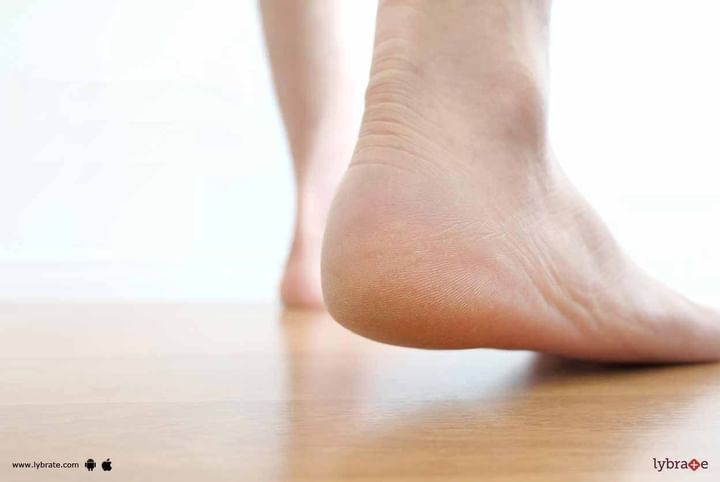Plantar Fasciitis - Signs, Causes & Triggers Of It!
Plantar fasciitis is a common condition that gives rise to heel pain. A thick band of tissue runs across the bottom part of the foot and connects the heel bone to the toes. This leads to inflammation. Those who suffer from plantar fasciitis experience stabbing pain especially when you take the first few steps after waking up in the morning.
As you are up and start moving in the morning, you will feel that the pain decreases. However, after long periods of inactivity or standing in one place the pain might return.
This condition is seen to occur more commonly in runners. Additionally, people who wear improper shoes, lacking adequate support and/or are overweight stand at a greater risk of getting plantar fasciitis.
Signs of Plantar Fasciitis-
Few symptoms of plantar fasciitis include-
• Stabbing pain felt at the bottom of the heels
• Pain arising immediately after exercising but not during it
Cause of Plantar Fasciitis-
Normally, the plantar fascia (ligament tissue) can play the role of a shock absorber, mainly a bowstring that supports the arch in the foot. When tension and stress build up on the bowstring, tiny tears can start to crop up within the fascia. Constant tearing and stretching can lead the fascia to become inflamed and irritated. Many times the cause of plantar fasciitis in certain patients is not entirely clear.
What Makes You Susceptible to Plantar Fascia?
Although the condition of Plantar Fascia can arise without any bulletproof reason, there are certain factors that make you more susceptible to it. These include-
• Age - Those who are aged above 40 but below 60 are more prone to getting this condition
• Obesity - Those who are overweight will inadvertently put greater pressure on the plantar fascia
• Exercises- Certain exercises tend to put more pressure on the heels than others. These exercise types include jumping activities, long-distance running, aerobic dance and ballet dance.
• Foot Type - Those who have an arched foot or are flat-footed, or tend to walk in an abnormal manner are at a greater risk of putting pressure on the plantar fascia
• Your Job Type - Teachers and factory workers who tend to be on their feet a lot or have to walk on hard surfaces may put stress on their plantar fascia
Plantar Fasciitis is a condition that needs immediate attention because when left untreated it could develop into chronic pain and thus become a source of constant pain. In order to prevent it from hampering your daily activities ensure to change the way you walk. This will minimize the hip, knee and back problems in the future.



+1.svg)
